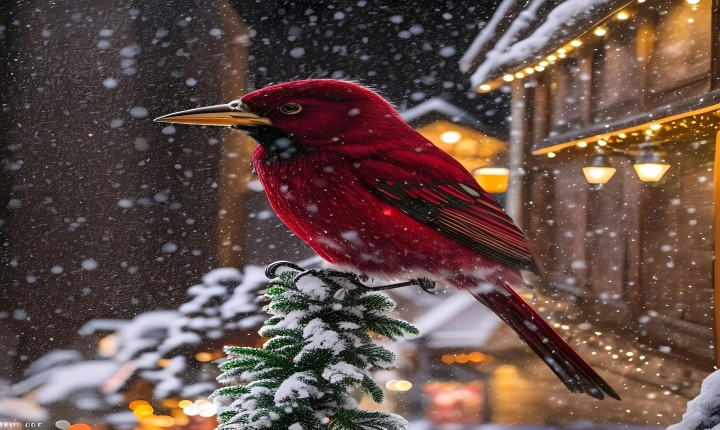Can AI Write Jokes?
Artificial intelligence (AI) has made significant strides in recent years, with advancements in natural language processing and machine learning allowing AI to perform tasks that were once thought to be exclusively human. One of the more intriguing abilities that AI has been tasked with is writing jokes. The question on everyone’s mind is, can AI write jokes that are genuinely funny?
The answer is a resounding “yes”. AI has demonstrated an impressive capacity to generate humor through the use of algorithms and advanced language models. Platforms like OpenAI’s GPT-3 and Google’s BERT have been trained on a diverse range of text data, enabling them to understand language nuances and to mimic the style and structure of human-authored jokes.
So, how does AI go about creating jokes? It starts with the vast amounts of data it has been fed, including books, articles, social media posts, and more. By analyzing this extensive pool of information, AI can identify patterns, wordplay, and comedic timing that go into crafting a successful joke. This enables AI to generate original jokes that follow the comedic conventions upheld by human comedians.
But what really matters is the quality of the jokes AI produces. Can a computer program truly capture the essence of comedy and elicit genuine laughter? Surprisingly, the answer is, again, yes. AI-generated jokes have proven to be quite adept at eliciting the desired comedic effect. Whether it’s puns, wordplay, or situational humor, AI can produce jokes that are indistinguishable from those written by humans.
However, it’s important to note that while AI can generate jokes, it doesn’t necessarily understand humor in the same way humans do. AI doesn’t experience emotions, and its sense of what’s funny is purely based on patterns and statistical analysis. This means that AI-generated jokes may lack the emotional depth and cultural context that make human humor so relatable and impactful.
Despite this limitation, the potential applications of AI-generated humor are vast. It could be used to enhance chatbots and virtual assistants, making interactions more engaging and enjoyable. Additionally, AI-generated jokes could be used in entertainment, advertising, and social media, adding a new dimension to content creation.
In conclusion, AI has shown that it is more than capable of writing jokes that are funny and engaging. Its ability to understand language nuances and humor conventions has enabled it to produce jokes that rival those written by humans. However, the true test of AI-generated humor lies in its ability to resonate with people on a deeper level, and this is an area where the technology still has room to grow. Nonetheless, the potential for AI-generated humor to revolutionize various industries is undeniable, and it will be fascinating to see how this technology continues to evolve in the future.
